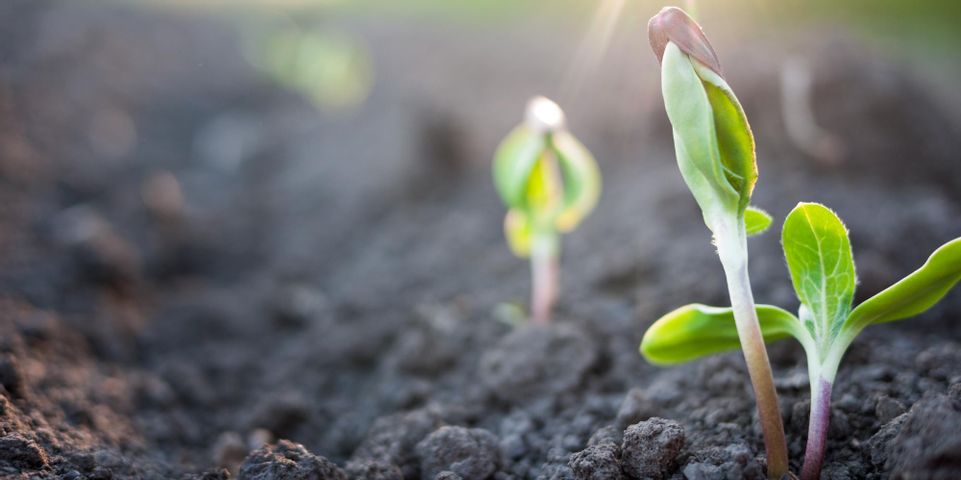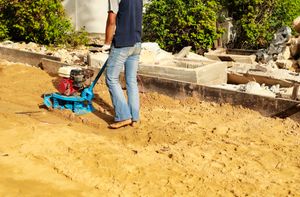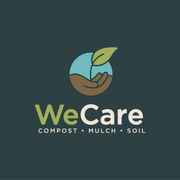
Whether you’re landscaping a commercial property or planting a garden in your backyard, you’ll need quality soil to ensure the healthy growth of your plants and flowers. Engineered soils assist with the management of stormwater and may be customized to suit the specific needs of your project. Below, you’ll find a helpful guide to these products and their benefits.
What Should You Know About Engineered Soils
1. Purposes
Engineered soils serve a variety of practical uses, especially when it comes to moisture control. They’re composed of sediments that have a higher capacity to absorb water, which means they reduce runoff and increase infiltration. They also reduce pollutants and recycle nutrients.
2. Applications
 Engineered soils are used in a wide variety of commercial and residential post-construction projects. Some common applications include bioretention ponds — that is, basins designed to process stormwater runoff — rain gardens, parking lot islands, green roofing systems, and sloped landscaping beds.
Engineered soils are used in a wide variety of commercial and residential post-construction projects. Some common applications include bioretention ponds — that is, basins designed to process stormwater runoff — rain gardens, parking lot islands, green roofing systems, and sloped landscaping beds.
3. Types
There are many varieties of engineered soil blends that will suit a variety of applications. General planting soils are ideal for basic gardening and landscaping, while others are designed with permeability in mind for bioretention. There are also separate varieties for rain gardens and erosion control. Additionally, it’s possible for your contractor to prepare a custom-blended soil for your project.
4. Benefits
Engineered soils carry a broad spectrum of benefits, particularly when it comes to runoff. They filter out harmful toxins, pesticides, and pollutants, preventing them from damaging your foliage and entering your water supply. They also release nutrients slowly to assist with the robust growth of trees, plants, and flowers.
When you need soil for your commercial or residential property, get in touch with WeCare Organics. For over 20 years, they’ve provided engineered soil, compost, and roof mix to clients. Call (315) 575-4595 to place an order for blended or manufactured soils, and visit them online to learn more about soil consultations.
About the Business
Have a question? Ask the experts!
Send your question

